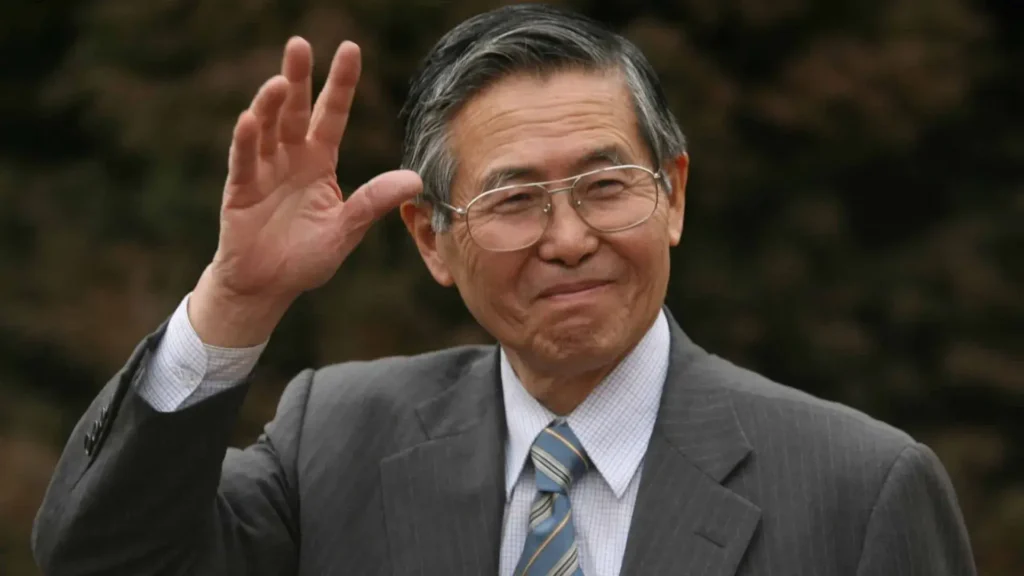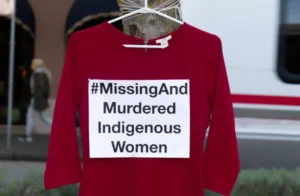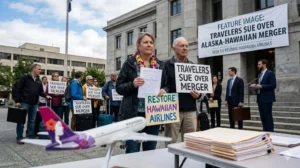Alberto Fujimori, Peru’s former president, has died at 86 after battling tongue cancer. His daughter, Keiko Fujimori, announced his passing on social media, describing it as a “long battle with cancer.”
Fujimori served as president from 1990 to 2000, leaving a legacy of controversy. He was credited with defeating the Shining Path rebel group, but his methods sparked allegations of human rights abuses. His government’s crackdown resulted in an estimated 69,000 deaths, mainly among poor indigenous communities.
Fujimori fled Peru amid corruption allegations but was later arrested and deported. A presidential pardon reinstated last December freed Fujimori from prison, despite serving over 15 years of his 25-year sentence for convictions including corruption, abuse of power, and leading death squad massacres.
Supporters view Alberto Fujimori as a hero who saved Peru from the rebel group and restored economic stability. However, critics see him as an authoritarian leader responsible for thousands of innocent deaths. His daughter, Keiko Fujimori, now leads Peru’s political party and has announced her candidacy for the 2026 presidential election.
Alberto Fujimori’s doctor confirmed that he died of complications from tongue cancer, which he was diagnosed with earlier this year. The former president experienced breathing difficulties and was administered oxygen before passing away.
Fujimori’s legacy remains complex, with praise and criticism from different quarters. His impact on Peru’s history is undeniable, but the controversy surrounding his presidency continues to spark debate.









